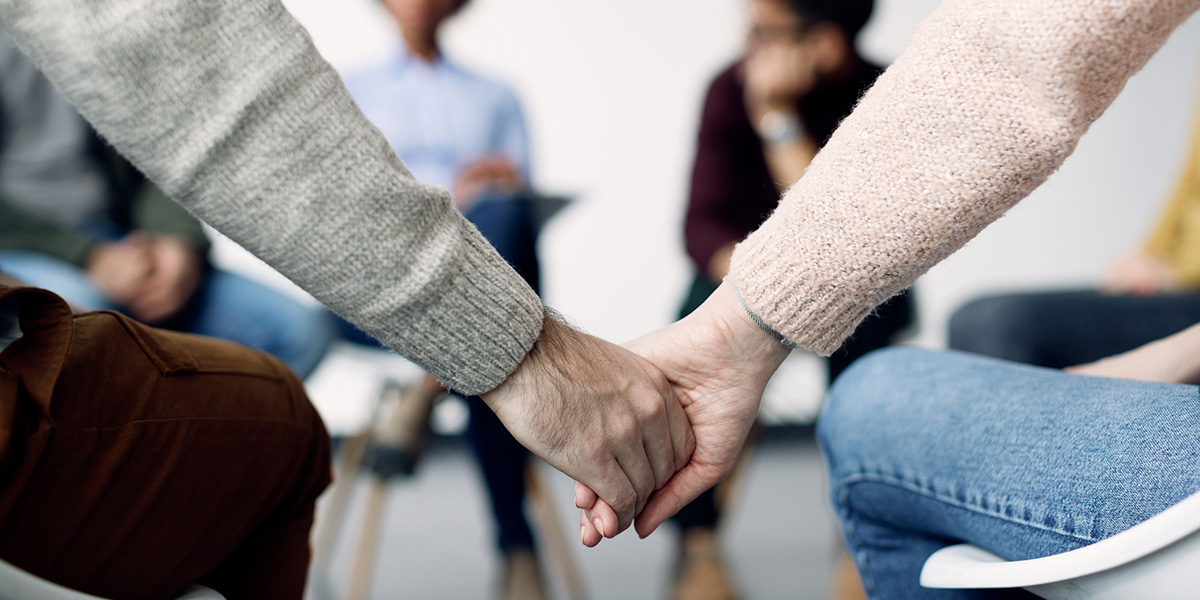Beginning group therapy can be an intimidating experience, but when you walk through the doors and begin to share, listen, and connect with others going through similar things, it starts to become more insightful and less scary. Healing is a long process that requires support, empathy, connection, and encouragement. Group therapy can give you the space to heal while helping others understand their own healing journey better too.
Support is key to recovering from anxiety, depression, PTSD, OCD, panic disorders, and trauma, you don’t have to go at it alone. Hearing from others can help you feel less alone and isolated and open you up to different perspectives from people who have been in your shoes before. You gain insight not only from hearing about other people’s experiences, but through sharing your own. Putting words to your struggles can help them feel more tangible and less overwhelming. Through sharing, you receive validation and support to help you move through and overcome it.
Group therapy can be a helpful space to practice healthy and effective communication while exposing you to social situations you might typically avoid. Those dealing with anxiety disorders might find it difficult to speak up in social settings, but group therapy can be the perfect practice space to learn that it’s not always as paralyzing as they might think. Rather than feeling anxious and avoiding, by leaning into the discomfort and working towards opening up to the group, you safely expose yourself little by little.
Sharing about your own struggles and how you work through them can give others in the group ideas and coping skills to try, while helping you to learn about the tools that work for them. Group therapy holds up a mirror for all participants to better understand themselves and view their issues from a different lens.
To get the most out of group therapy, try to:
- Share – sharing your story is hard, but extremely rewarding and beneficial. Allowing yourself to be seen and heard within the safe confines of the group will help you feel more comfortable being seen and heard outside of the group.
- Listen – listening can be a powerful component of group therapy that allows you to receive what someone else is saying and integrate what resonates with you into your own healing process.
- Participate – you don’t have to respond to everyone, but actively listening, engaging, and paying attention will help not only you get more out of the group, but also show the other participants that what they say matters and is heard.
You don’t have to go through this on your own. Opening yourself up to a group can be a challenging process, but when you find the right group for you, you’ll feel less alone and more supported in your journey.
